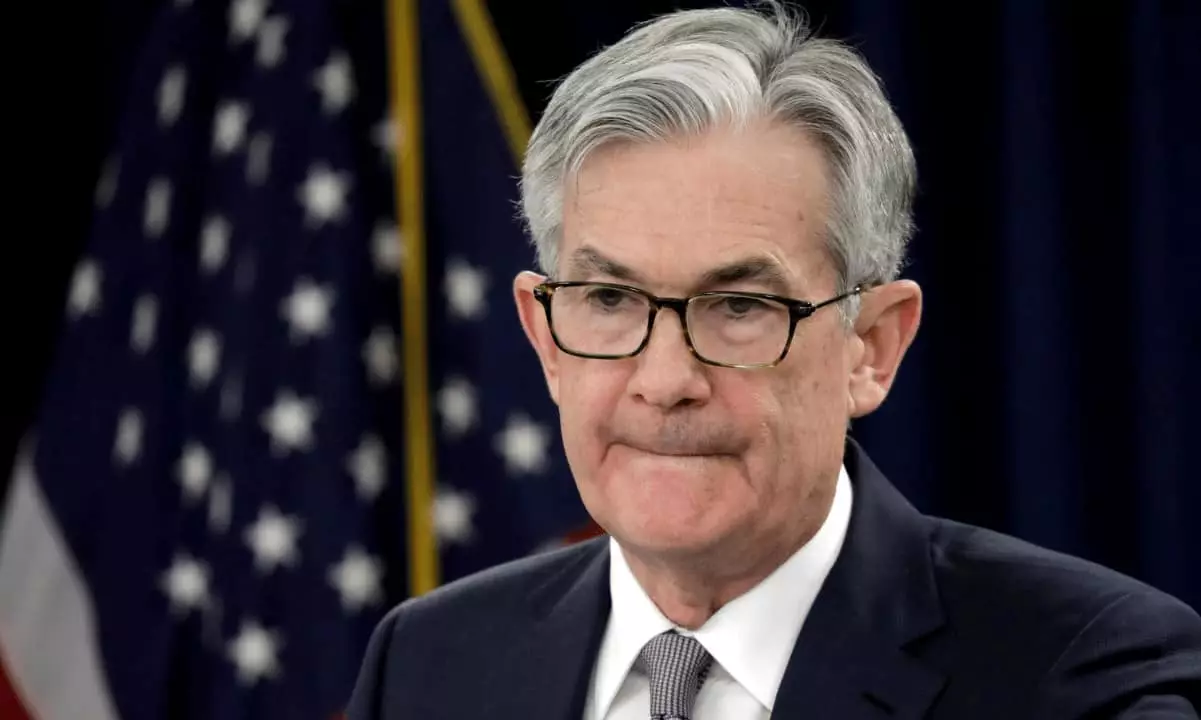In a recent Senate Banking Committee hearing, Federal Reserve Chair Jerome Powell unequivocally stated that under his leadership, the United States will not adopt a Central Bank Digital Currency (CBDC). This statement marks a decisive pivot from prior discussions surrounding the feasibility and implications of introducing a digital dollar. Senator Bernie Moreno’s inquiry, asking, “Can I have your commitment that as long as you’re the chair of the Federal Reserve system, that we will never have a central bank digital currency?” was met with an emphatic “Yes” from Powell. This strong commitment reveals insights into the broader economic philosophy guiding the Fed and its approach to innovation in the realm of currency.
Powell’s announcement isn’t just a personal position; it represents a larger ideological battle over monetary policy and the role of government in the economy. Critics of CBDCs, including scholars and advocates from institutions like the Cato Institute, have raised alarms regarding the potential implications of a state-issued digital currency. These concerns focus on issues that affect consumer rights, privacy, and market integrity. A government-regulated CBDC could lead to increased surveillance and the potential for financial control that would not be present with decentralized cryptocurrencies like Bitcoin. The fear lies in the erosion of personal financial autonomy, raising ethical debates about the balance between innovation and individual rights.
While the U.S. remains steadfast against the introduction of a CBDC, other nations are moving in the opposite direction. Countries like China have made significant strides in developing a digital yuan since their pilot program commenced in 2020. Russia, Japan, and Turkey are among others exploring similar digital initiatives. This international trend raises questions about the United States’ position in a rapidly evolving financial landscape. As nations test various models of digital currencies, the U.S. appears to be adopting a more cautious stance. Powell’s declaration may serve as a protective measure against adopting systems perceived to infringe on market freedoms or mimic potentially authoritarian trends as seen in China.
Political Implications and the Road Ahead
The discourse surrounding CBDCs has sparked considerable debate in U.S. politics, particularly among Republican lawmakers. A bill led by Congressman Tom Emmer, aimed at prohibiting the Federal Reserve from issuing a CBDC, passed the House of Representatives last year. Highlighting a political divide on the issue, this legislative push underscores widespread trepidation about government involvement in digital currency. With President Donald Trump also issuing an executive order to discourage CBDC promotion, it appears that skepticism toward government-issued digital currencies is a rallying point for many within the Republican Party.
Jerome Powell’s declaration against the implementation of a CBDC signals a commitment to maintaining the existing monetary systems and safeguarding financial liberties. As global counterparts experiment with digital forms of currency, the U.S. has adopted a more reserved approach, weighing the potential risks associated with such an innovative leap. This ongoing debate reveals the complexities of modern financial governance, challenging the nation to reflect on the values it seeks to uphold as technological advancements reshape global commerce. Indeed, in an age where finance and technology increasingly intersect, the choices that leaders make now may very well define the landscape of monetary policy for generations to come.


Leave a Reply